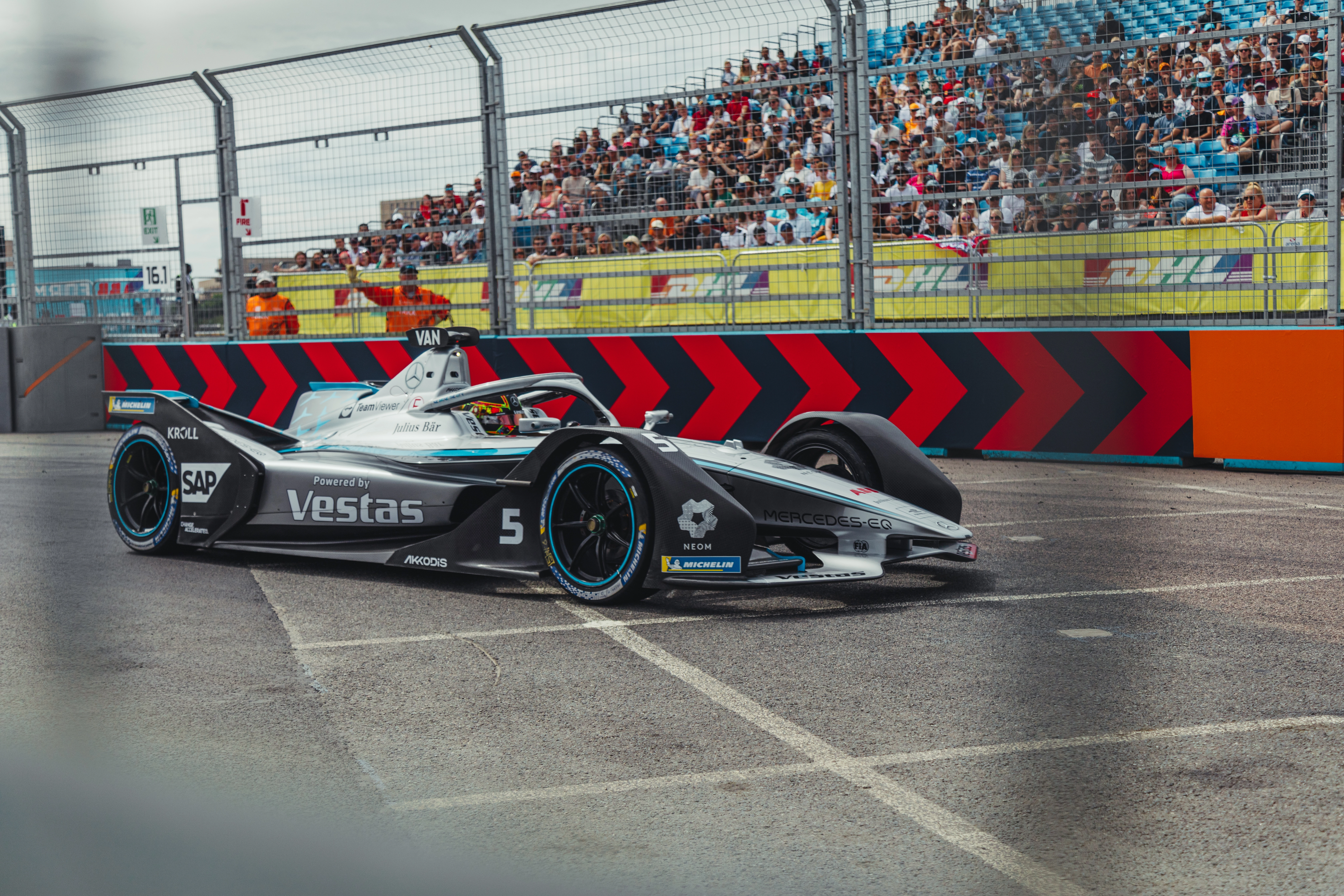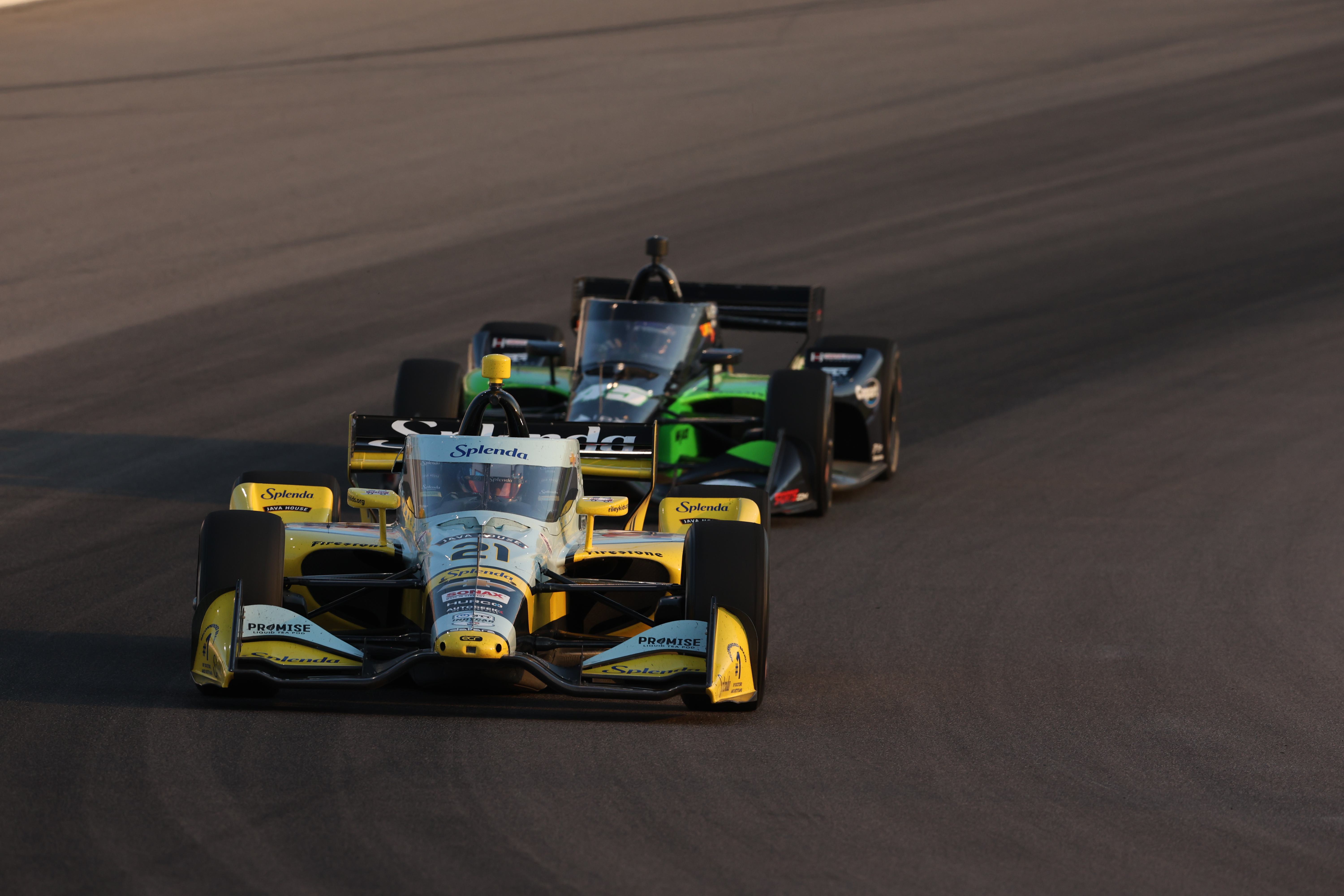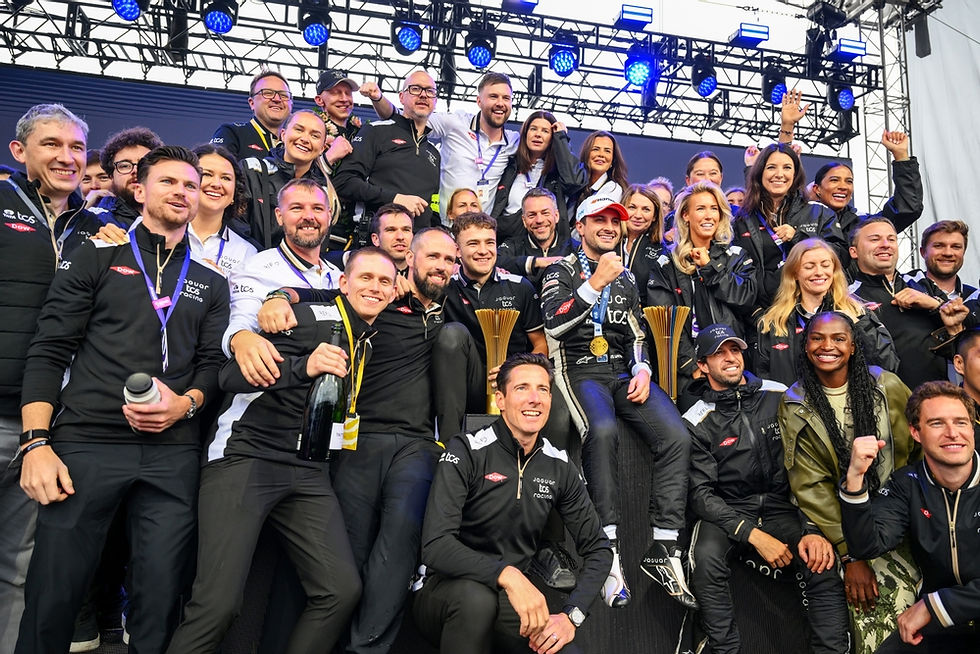Formula Student: How a career in Formula One begins
- Eleni Spivey

- Aug 14, 2025
- 4 min read
Written by Eleni Spivey, Edited by Marit Everett

What is Formula Student?
Formula Student (FS) is one of the largest student engineering competitions in the world. Taking place internationally at several iconic motorsport locations, university students are given the task to design and build their own single-seater race car from scratch.
Overseen by high-profile institutions such as the Institution of Mechanical Engineers (IMechE) in the UK and major automotive and motorsports giants abroad, it’s a challenging proving ground for the next generation of designers and engineers.
But it’s not just a step in the door for future engineers, at FS competitions, students are tested with every aspect of what it is like to run and build a motorsports team. Behind each team is a dedicated operations side that handles everything from procurement and finance, to sponsorship deals and marketing.
The competition has often been described by employers as a career springboard into the industry. It’s no coincidence that major Formula One teams such as Williams, Aston Martin and Red Bull actively scout at FS events for new talent.
Notable alumni include Sky Sports F1 presenter and former F1 race strategist Bernie Collins, who gained invaluable experience from Queen’s University Belfast Formula Student Team, which helped her break into the male-dominated industry. Not to mention, FS also has the backing of motorsport icons. Ross Brawn OBE, who catapulted his F1 team to the top of motorsport success in their debut year, is a long-time patron of the competition.

How does it work?
But what will a team have to face? Well, the competition itself is split into three classes: FS, Concept Class and Artificial Intelligence (FS-AI). A team may elect which ones they want to run in. Across all three classes, students are judged on design and real-life constraints, teaching them how to engineer, lead teams, and manage budgets—much like in the professional world.
The FS class is the main event. Teams will design, build and race their own vehicle, either an electric or combustion vehicle—though electric now dominates. Throughout the event, teams will have to show their ability to produce a high-performance and reliable car while also demonstrating the logic behind the design through a viable business model.
However, before setting off on track, they must pass rigorous technical and safety scrutineering. The weekend then looks like this:
Static Events:
Design Judging: in front of a panel of industry professionals, students will defend the engineering choices behind their car’s design.
Cost and Manufacturing: the accuracy, efficiency, and realism of the team's budgeting and build plan are judged.
Business Presentation: in a ‘Dragon’s Den’ style event, teams will pitch a hypothetical business plan for their car in front of investors.
Dynamic Events:
Acceleration: a 75-metre straight-line sprint to measure speed off the line.
Skidpad: a figure-eight course that tests the maximum cornering capabilities of the car.
Sprint/Autocross: A timed lap around a tight and technical track.
Endurance: a 22 km race around the same course, testing reliability and performance.
Efficiency: Energy or fuel consumption during the endurance event is measured and scored.

Concept Class runs similarly to the static events shown above. Aimed at newer or developing teams, this category allows them to defend the theoretical groundwork of their own FS car without needing to build it. Judges will assess the teams on how feasible and innovative their design is, along with how well the proposal was presented.
In 2019, the FS-AI class was first introduced to explore the technology and ingenuity behind autonomous vehicles. Along with their Design and Business Plan Presentations, teams compete in a Real-World Autonomous event that demonstrates their knowledge of practical solutions for the future integration of AI vehicles within our transport system.
For the dynamic events, teams can either choose to run their autonomous car (ADS) or rent a dedicated vehicle (DDT) provided by the competition. They navigate similar dynamic events to the FS class by using LiDAR, cameras, GPS and control algorithms.
The 2025 Formula Student season so far
Held at Silverstone, barely over a week since the Formula One Grand Prix, Formula Student UK (FSUK) is one of the bigger events of the year, bringing together over 80 teams from around the world.
This year’s competition, from 17-21 July 2025, saw Formula Student Bizkaia, a team from the University of the Basque Country, take the overall crown in the FS class. They developed a high-performing electric car that showed reliability, efficiency and speed, which allowed them to place in the top three in all dynamic events.

Following them on the podium were Vermillion Racing from the Technical University of Denmark and the UK’s Oxford Brookes Racing. TM Racing from Tecnológico de Monterrey in Mexico took home their first victory in the competition for Concept Class. Meanwhile, the Edinburgh University Formula Student team clinched first place in FS-AI after dominating their events.
Looking ahead, the competitions to look out for take place in the coming weeks in mainland Europe. The Circuit de Barcelona-Catalunya will host FS Spain on the 4th-10th of August 2025, where high temperatures will put pressure on cooling systems and energy management. FS Germany is widely considered the largest and most prestigious event which will see the most competitive student-made vehicles in the world race around obstacles at the Hockenheimring on 11th-17th August 2025. Eyes will be on the AMZ Racing Team from ETH Zürich and the Formula Student Team Delft from the Netherlands.












Comments